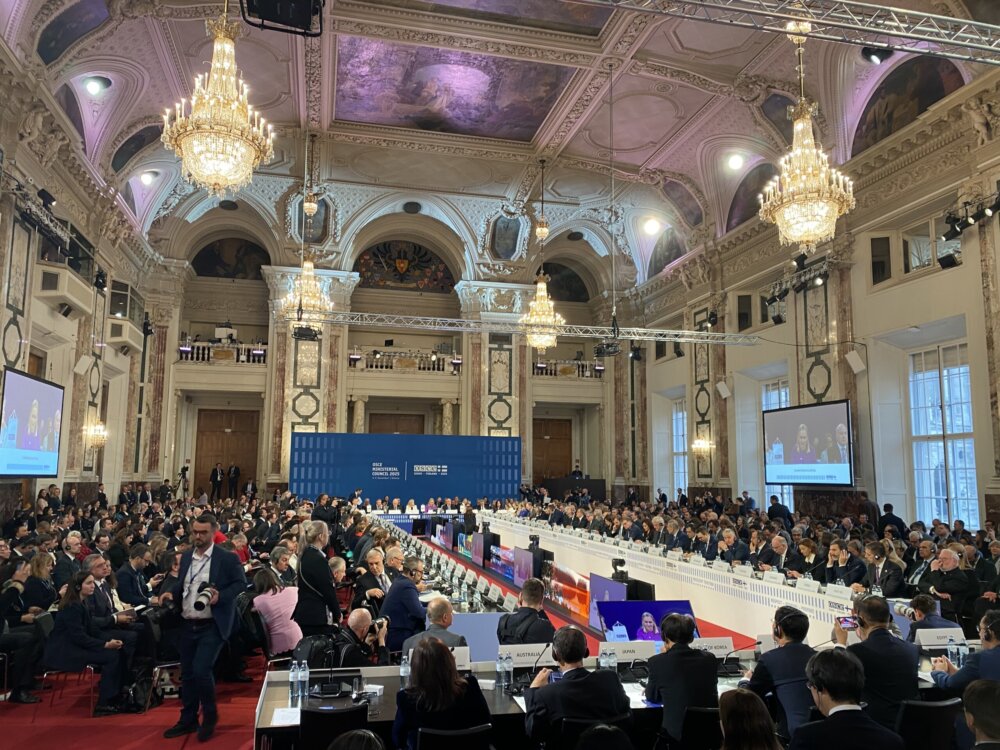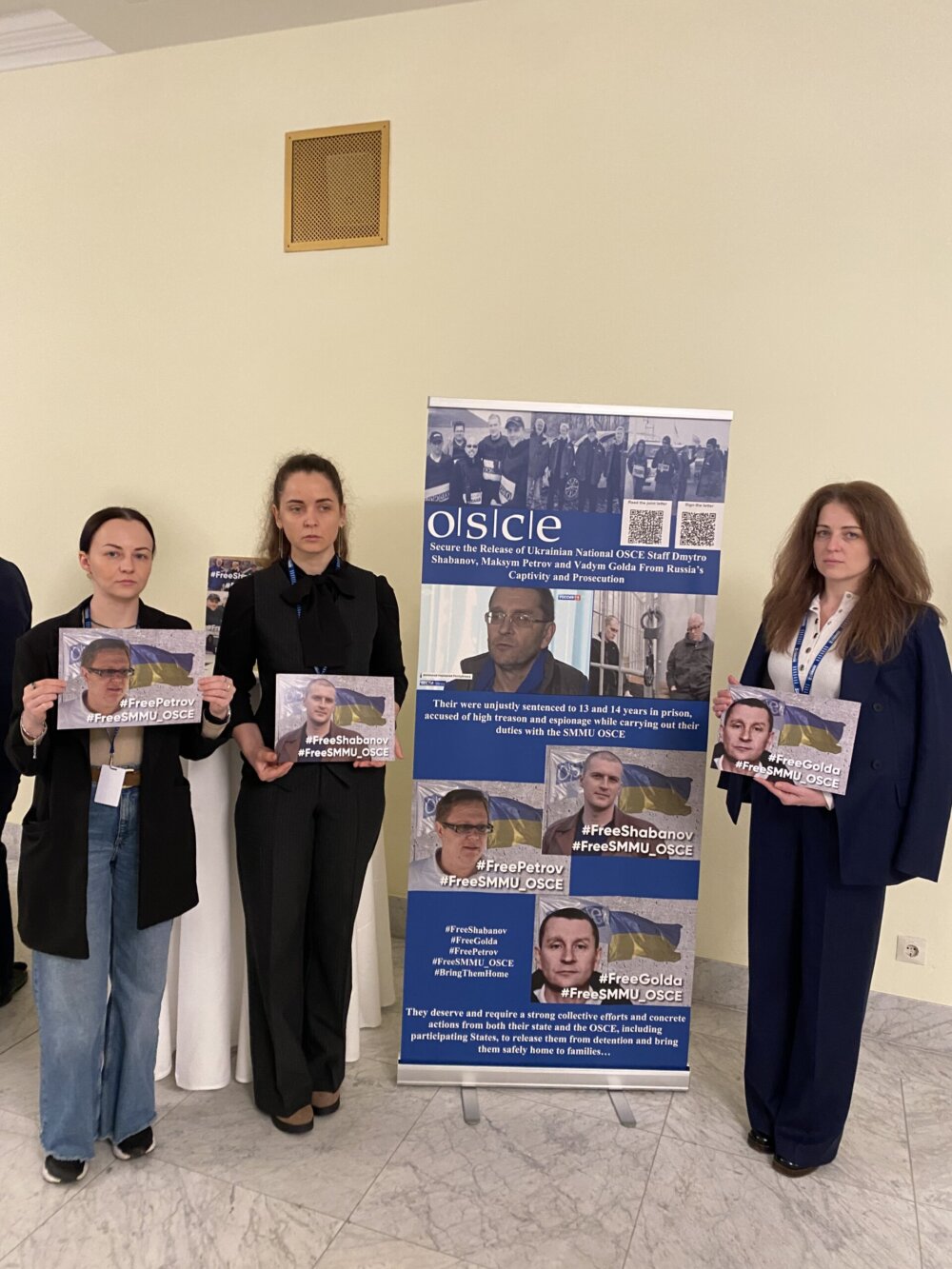What’s the big IDEAS?
After several months of deliberations, four workshops (in Berlin, Warsaw, Paris and Moscow), and input from some 300 participants, the Initiative for the Development of a Euro-Atlantic and Eurasian Security Community (IDEAS) has just issued its report. It contains a number of proposals on how to transform the vision of a Euro-Atlantic and Eurasian Security Community into reality.
The report cogently summarizes the current situation in the OSCE area, it explains why a security community is needed, but also cautions why it will be hard to realize. Indeed, it is striking that the areas of divergence identified by the authors are greater than the trends towards convergence.
As the report points out, there are two camps within the OSCE area: those states which believe that the way towards a security community must begin by addressing “hard” security issues, and those that believe that a genuine security community presupposes the existence of a community of values. As the report observes, “any viable process towards building a security community in the OSCE area will have to reconcile these different approaches”.
The report sets out a ten point plan that can help build the security community. Among the ideas are: re-engaging in the security dimension by developing arms control, confidence and security-building measures and military cooperation; take fresh approaches to resolving protracted conflicts; support stability in Central Asia, especially in light of the drawdown of ISAF from Afghanistan; encourage reconciliation (a buzzword at the moment); address transnational threats and challenges; improve implementation review of the OSCE human dimension; and improve dialogue with Muslim communities. The report also calls for greater cooperation among organizations dealing with security in the Euro-Atlantic and Eurasian security space. But this has been attempted since the Platform for Cooperation of 1999, with little success: everyone talks about the need for coordination, but nobody likes to be coordinated.
Few of the suggestions in the IDEAS report are particularly new, nor are the practical recommendations very substantive. In many respects, most of the suggestions echo the report of Euro-Atlantic Security Initiative (EASI) issued last February, and the latter’s working papers were much more detailed.
One innovation is the suggestion to create an OSCE Network of Academic Institutions. As the report points out, “a security community is a bold vision that can only materialize if states and societies actively pursue this goal. However, the majority of political elites and the broader public have not taken any notice of it”. To rectify this situation, such a Network could engage a broader spectrum of public opinion in the work of the OSCE, and generate new ideas that can make the OSCE more relevant and responsive to the real security concerns of citizens within participating States. In that respect, one of the greatest contributions of the IDEAS process was the very fact that it took place, and initiated a number of dialogues throughout the OSCE area. It would be good to continue the process through the OSCE Network of Academic Institutions in order to provide external input to the OSCE process, for example during the annual Security Days.
Unfortunately, just talking is not going to solve Europe’s security problems. The OSCE should not just be a laboratory to test innovative ideas, it should be a politically significant forum for inter-governmental dialogue and an operational organization that promotes security and cooperation in Europe.
The conclusion of the IDEAS report is therefore rather disappointing when it suggests that the OSCE’s weakness is a strength. No, its’ weakness is a weakness and is seriously affecting the relevance and effectiveness of the Organization.
But at least, as the EASI and IDEAS reports demonstrate, there is renewed interest in the OSCE and a genuine desire – at least among some academics – to make it work. This enthusiasm should be channelled into the OSCE in order to assist participating States live up to the lofty goal of building a Euro-Atlantic and Eurasian security community.



Comments
* Your email address will not be published